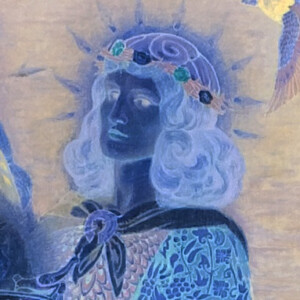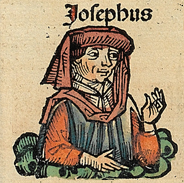
Into the Otherworld with Samuel Gillis Hogan
We delve further into the learned fairie-summoning tradition with Samuel Gillis Hogan. Fairies evolve into non-human persons, the mainstream and fringe news take an interest in research into fairies, and the methodology for studying a world-view in which fairies are obviously real is discussed.


















